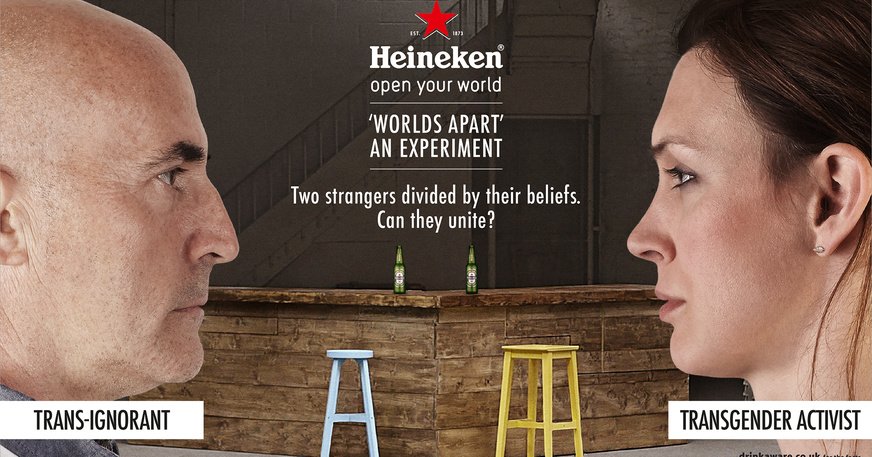Humans Make Logical Decisions…Emotionally!!!

Even when we think we are being rational, research shows that most of our decisions are made unconsciously and involve emotion.
Most people think that humans make logical decisions. The reality is that our rational brain has little effect on our decision-making.
Even when we think we are being rational, research shows that most of our decisions are made unconsciously and involve emotion.
Prof Antonio Damasio of USC Dornsife College, who has researched this science, says, “We are not thinking machines that feel. We are feeling machines that think.”
Imagine you had to buy a motorcycle, do you buy just absolutely rationally for mileage or safety? Chances are there would be other qualitative factors.
We make emotional decisions, then rationalize them, not vice versa. So rather than just making logical arguments to persuade, you can persuade people if you understand how they are feeling about the decision and feed their emotions.
Don’t Confuse Unconscious with Irrational or Bad
Do not say that unconscious decision making will always lead to making poor or irrational decisions.
We process most decisions unconsciously and in fact, most of our decision-making is also unconscious. We are faced with an overwhelming amount of data (11,000,000 pieces of data come into the brain every second ) according to Dr Timothy Wilson in his book “Strangers To Ourselves: Discovering The Adaptive Unconscious”, so we have to rely on the unconscious.
People do like to believe that they are being logical and thorough. So they offer logical reasons as to why a certain decision should be made. This is to enable the person making the decision, to give themselves and others these rational reasons. But understand that that reason is probably not the actual reason.
Our unconscious has evolved to have a set of rules which can process data. Intuition or “trusting your gut”, is an indication of that.
Key Takeaways
- If someone is making a habit-based decision, do not give them a lot of information.
- Provide people with a brief, logical reason for their decision so they internalize and convince themselves and others
- Limit the choices people have to a maximum of three. Too many choices confuse people.




Nicely presented with all the ” reality & prespective ” true most decisions are made emotionally charged.
No matter how rational we are, there is a little bit of emotion